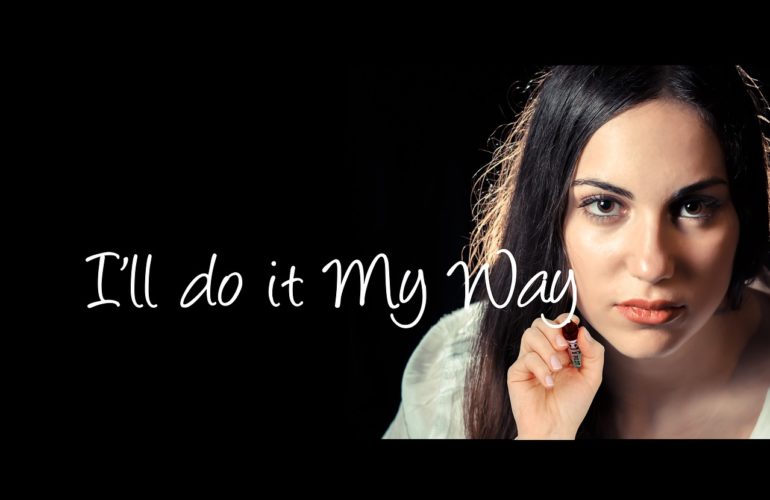Ever since we learned to read and write, the pen proved to be mightier than the sword. Writing is the weapon of choice in many social and political movements, and it’s the way to make sure future generations will continue to support your fight.
Since we are about to celebrate the International Women’s Day, we continue our series dedicated to women and feminism with a piece on female authors who inspired and documented one of the longest struggles in the history of the modern world – redefining the women’s role in society.
The First Feminist Writers
One of the first women to use the pen in defence of her gender was Christine de Pizan, in the 15th century. She was a writer at the court of King Charles VI of France and is the author of two remarkable books (among others): The Book of the City of Ladies and The Treasure of the City of Ladies.
She used these two books to defend women in the eyes of a society that liked to look down on them and disregard their role.
Another fighter for the rights and recognition of women is Moderata Fonte (Modesta di Pozzo di Forzi), a Venetian writer and poet in the 16th century. Among others, she wrote The Worth of Women, published in 1600, in which she celebrates women’s virtues and intelligence and criticizes misogyny.
The 17th century gave us yet another remarkable feminist, the Duchess of Newcastle-upon-Tyne, Margaret Cavendish. She was considered an eccentric writer and many loved to bash her aspirations of fame, but her works are perceived differently when applying the lens of modern feminism.
The trend continued throughout The Age of Enlightenment, in the 18th century and grew into a full-fledged movement at the end of the 19th century, also known as The First Wave.
The First Wave
The modern feminism movement is inspired and kindled by, what Americans call “The First Wave”. This movement occurred between the end of the 19th century and the beginning of the 20th century and focused on giving women more rights, starting with the right to vote.
The movement encouraged women to pursue jobs and independence, even though they weren’t still allowed in decisional forums and positions of importance. It also paved the way of modern feminism through the works of famous writers such as Simone de Beauvoir (the author of The Second Sex), Eleanor Roosevelt (the first First Lady to extend her responsibilities beyond hosting and entertaining), and Betty Friedan (who penned the work that sparked the Second Wave of feminism).
Modern Feminism
Even though modern society (in most countries) doesn’t see women as second-class citizens, the fight isn’t over. Luckily, we now have a broader platform to express thoughts, ideas, and concerns. We can use social media and the Internet, to create communities, share experiences, and understand that the world will be a better place if all women, regardless of social status and location, receive education and freedom to make their own decisions.
Powerful women like Maya Angelou, Gloria Steinem, or Ruth Bader Ginsburg stand together with young and adult women everywhere and continue to fight for a movement that started in the 15th century through writing.
